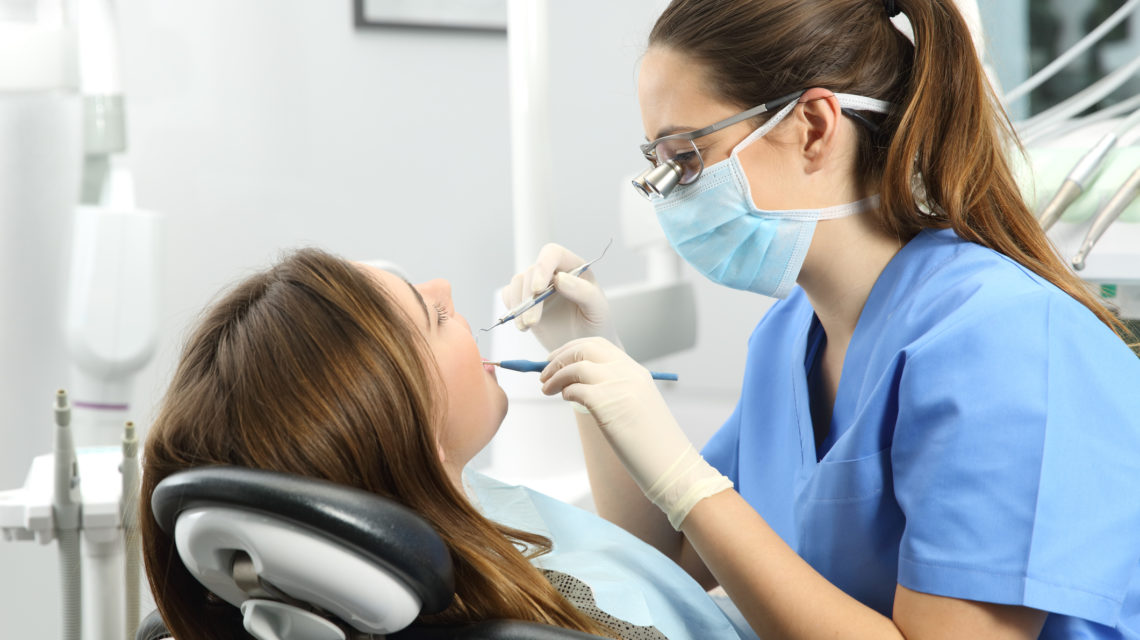When was the last time you were checked for gum disease?
It may sound like no big deal, but gum disease can lead to serious issues for your oral health, as well as your overall health. Gum disease has been found to increase your risk of heart disease, diabetes, pneumonia, osteoporosis, and even cancer. And before any of that happens, you might begin losing teeth if the infection travels from your soft tissue into your jawbone.
Gum disease is no joke, and it’s a lot more prevalent than you might think. According to the CDC, 47.2% of adults who are age 30 or older have periodontal disease in one form or another. If you haven’t been checked for it in a long time and you’re wondering whether or not to schedule a dentist appointment, take a look at these five signs that may mean you have gum disease.
Swollen Gums
One of the earliest signs of gum disease is inflammation. When bacteria is able to build up in your mouth, it can infect your gums, causing them to swell and become painful. Healthy gums should be pink and hard. If yours are soft and red in color, then it may be time to have them checked for gum disease.
Bleeding Gums
If you find that you’re spitting out blood along with your toothpaste after you’ve brushed your teeth, it’s probably not because you brushed too hard. Gums that bleed easily are another telltale sign of gingivitis, the precursor to gum disease. This is usually caused by the buildup of plaque along your gum line. If this issue is left unchecked, it’s likely to lead to full-blown gum disease.
Halitosis
It may sound like something more serious, but halitosis is just a formal way of saying “bad breath.” There are countless reasons why your breath may be unpleasant on any given day, but if you suffer from chronic bad breath, it could be a sign of gum disease.
The bacteria that cause gum disease are the ones that can cause your breath to smell poorly, as well, so if your bad breath issue is persistent, be sure to get it checked out.
Receding Gum Line
If you feel as if your teeth have been growing lately, that’s highly unlikely. What’s much more likely is that your gums are receding, which can make it seem like your teeth have become longer. This may be a sign of a more advanced form of gum disease. If your gum line is receding, schedule a dentist appointment as soon as possible.
Sensitive Teeth
Receding gums can affect your mouth in more than just aesthetic ways; they can leave your teeth’s most sensitive areas exposed, causing them to become extra sensitive to both hot and cold. There are other reasons why your teeth may be feeling sensitive, such as tooth decay. Regardless of the cause, it’s best to speak with a dentist about tooth sensitivity before any potential issues have a chance to get worse.
Don’t Put Off Your Checkup
If you’re experiencing any of these symptoms, don’t hesitate. Contact Glendale Periodontics today and schedule your appointment Gum Disease Treatment to make sure your mouth is free and clear from gum disease.


